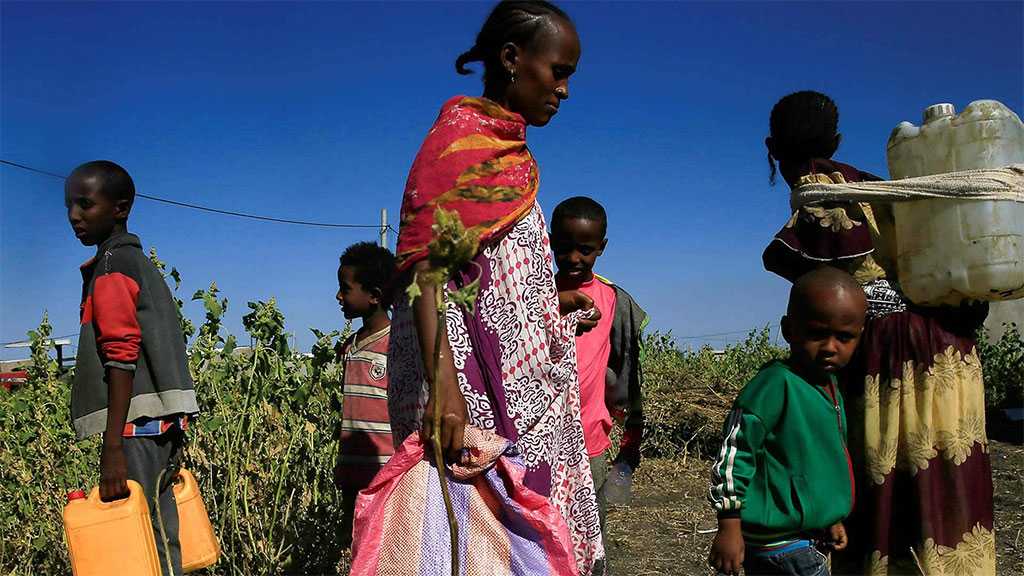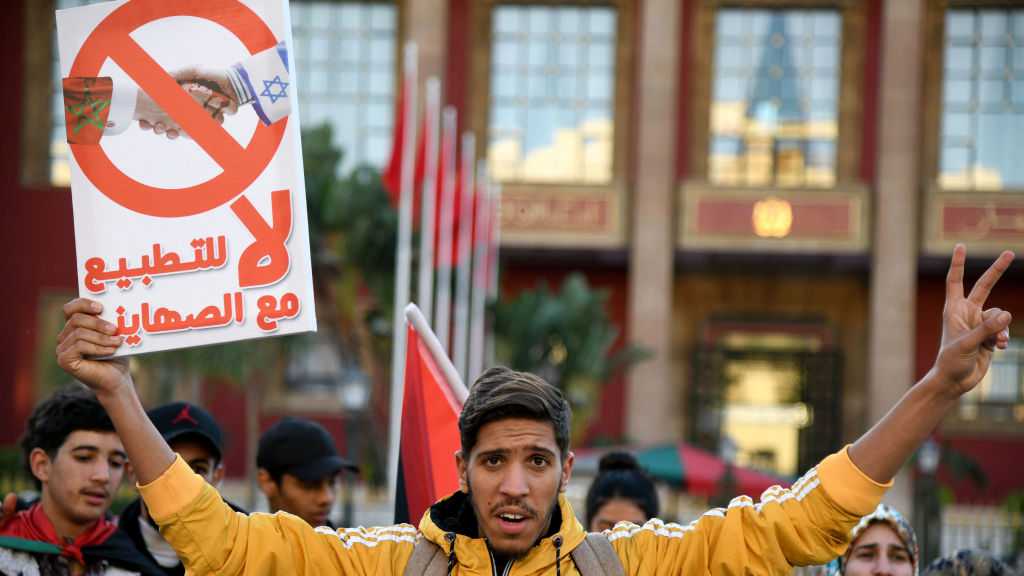
UN ’Frustrated’ As Still Unable To Get Access to Ethiopia’s Tigray

By Staff, Agencies
The United Nations [UN] said it has not been able yet to reach the people who are in desperate need of humanitarian assistance in Ethiopia's restive region of Tigray, where an armed conflict triggered a refugee crisis and a humanitarian disaster.
The UN has finalized an agreement with Ethiopian authorities on humanitarian access and assessment missions but has yet to see concrete progress, UN spokesman Stephane Dujarric said on Monday.
"It's somewhat frustrating to say that we have not been able to go in, we have not been able to reach people that we know are in need," he added. "Days wasted by a lack of agreement or a lack of green light for us is just one more day of suffering for the people who need help."
Tigray, with a population of six million — some one million of them now thought to have been displaced — has remained cut off from the world since an armed conflict erupted between Ethiopian troops and local rebels there last month.
Ethiopian Prime Minister Abiy Ahmed ordered an army offensive in the restive region on November 4, in response to a deadly attack on an army base that killed at least 54 people.
Abiy accused the Tigray People's Liberation Front [TPLF], the region's ruling party, of having staged the attack.
His government, which had restricted access to the region, said last week that it had defeated forces loyal to the TPLF and struck a deal with the UN to allow aid.
Aid agencies, however, said the agreement was too restrictive and security remained a problem.
Mekelle, the regional capital and home to 500,000 people, on Saturday received the first humanitarian aid convoy since the war broke out.
The UN Security Council held an informal, closed-door video conference on the situation in Tigray on Monday, at the request of the United States and European members.
Comments
- Related News



